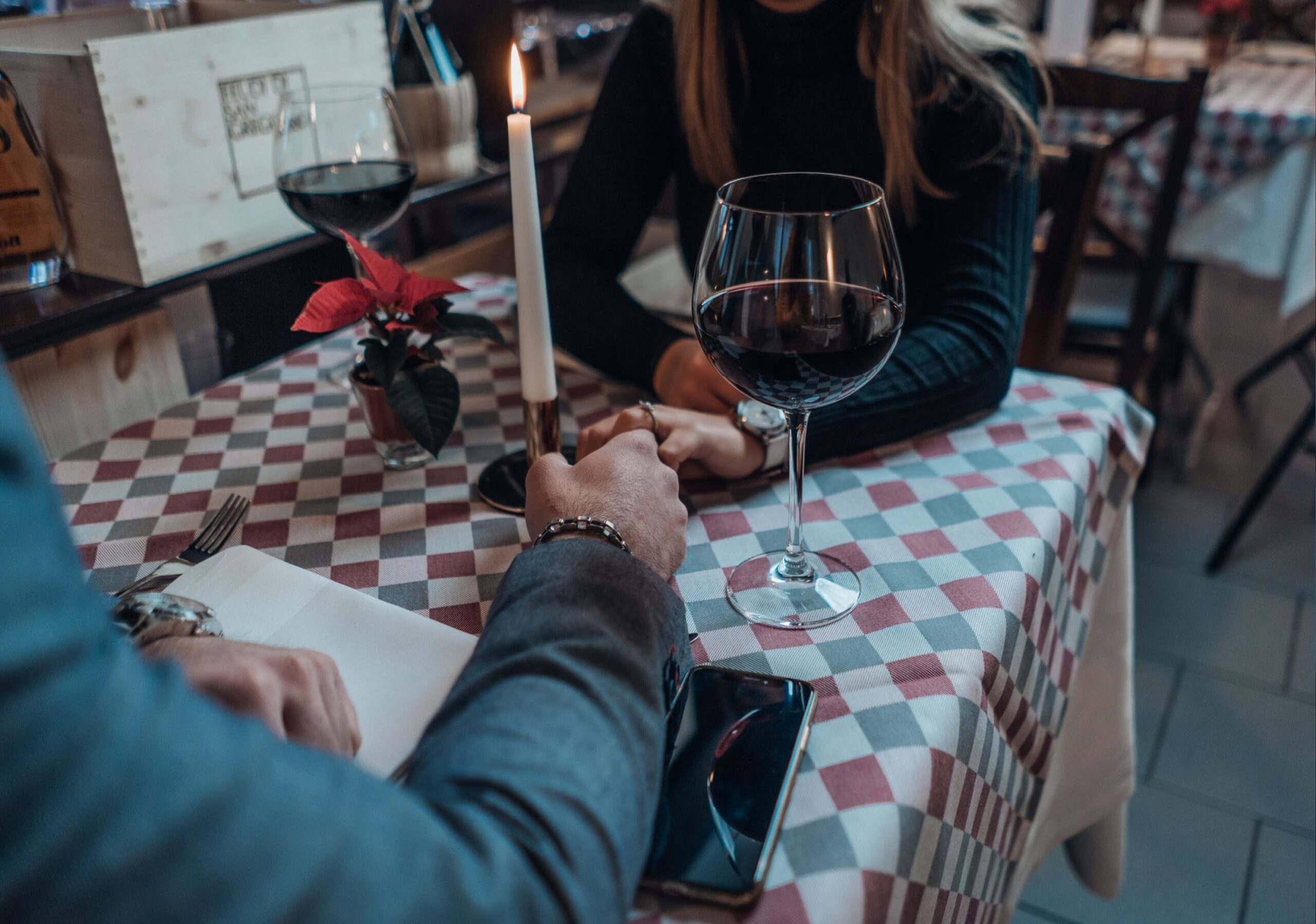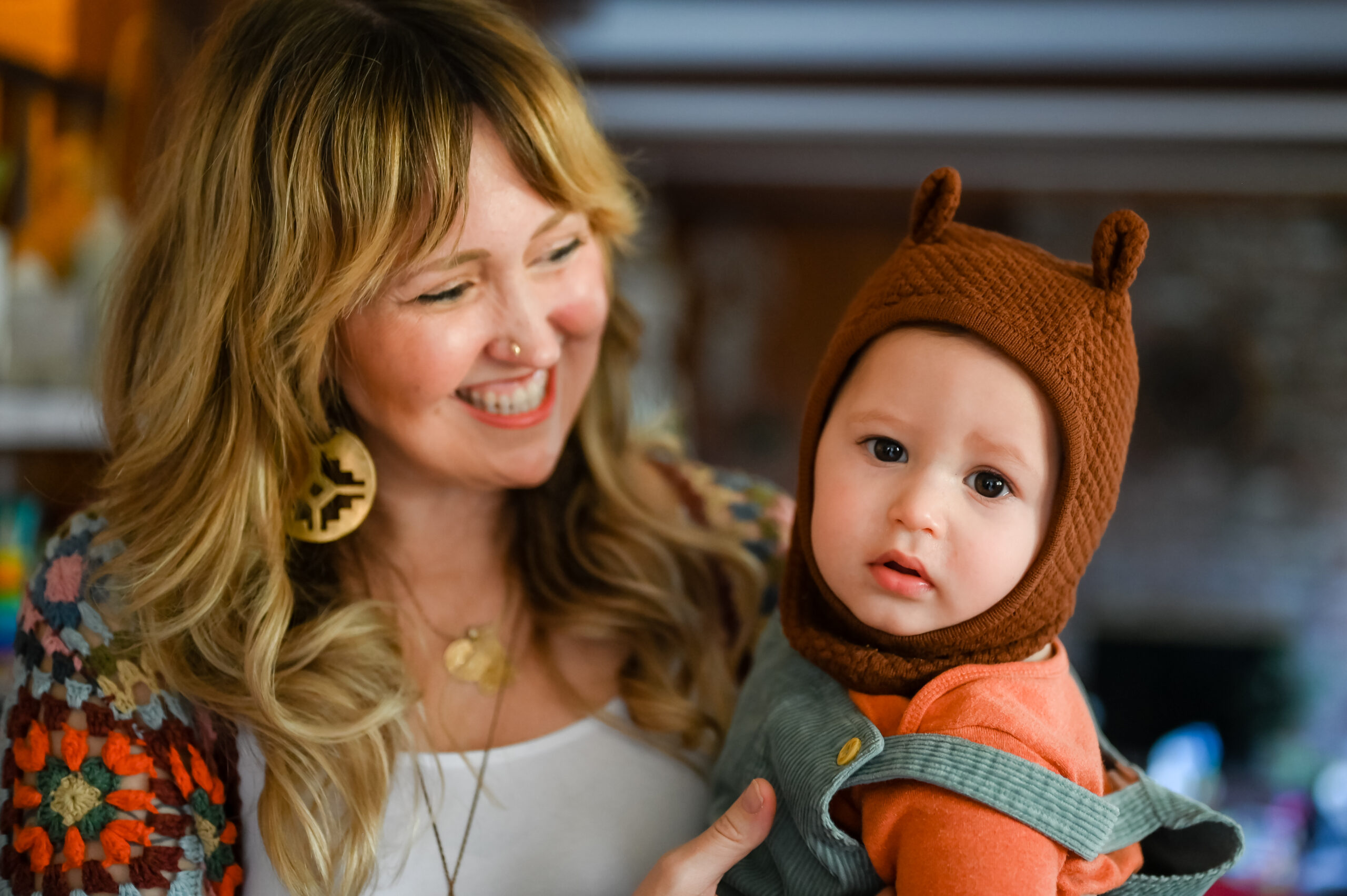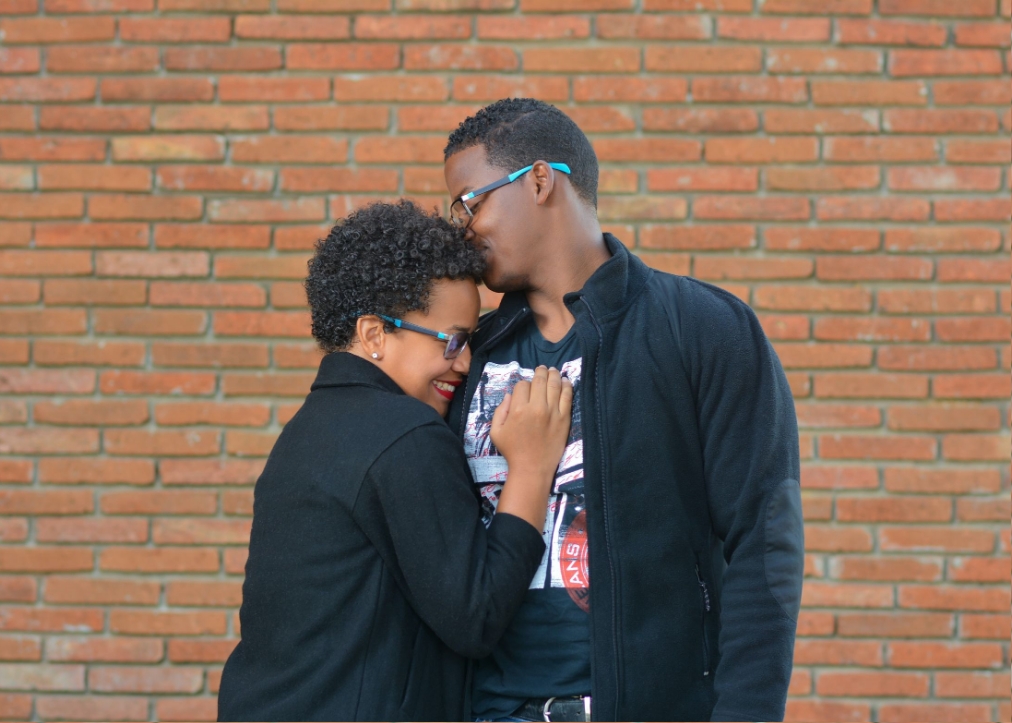So you have decided you want to relationship but you don’t want to date people whSo You Want a Relationship—But Not with Someone Avoidant or Insecure in Love.
Maybe you’ve decided: I’m ready for love.
But not just any kind of love.
You’re no longer available for situationships.
You’re done chasing people who pull away just when things start to feel good.
You’re not here to fix, to prove your worth, or to perform emotional gymnastics for someone who can’t meet you halfway.
You want a relationship—but only with someone who is truly available.
That’s a beautiful intention. And it’s a powerful one.
But here’s the part that can get murky: How do you know if someone is actually ready and available for the kind of relationship you want?
Below are some of the key things to look out for when dating—so you can protect your heart, trust your gut, and choose someone who can actually show up.o are unavailable or avoidant. Here are some things that you should be on the lookout for:
- Do they actually want a relationship?
- Do they like being in relationship?
- Do they know how to be a good partner? (you will need to define what being a “good partner” means, but generally: listens to you, is thoughtful, plans time with you, asks you how you are doing, responds compassionately, supports you when you are low or in need, is attuned to you specifically, remembering things you tell them, has capacities to help you in life).
- Do they actually have time to be in a relationship?
- Do they know about the strengths and capacities they bring to relationship and their weaknesses? Do they know why the relationships and their past have failed?
- Have they completed their last relationship or are there still dangling ties?
- Are they excited about you specifically?
- Do they know how to communicate their needs and respect and honor yours?
- Do they know how to articulate and express what they are feeling and experiencing?
- Do they know how to productively move through conflict?
- Do they lean in to relationship when things get hard in their life or do they pull away?
- Do they know what they need when they are upset and how to soothe themselves?
- Have they learned about themselves in previous relationships or do they just blame their exes?
- When you ask them a more serious question to they avoid the topic or change it?
- Are they attentive and present with you?
- Do they follow through on what they say they are going to do?
Ultimately, if any of these questions are answered with a no this person is probably not the right person for you.
Some of these questions can be bigger red flags than others. Some of these dynamics can be worked through, however it depends on whether you want to be teaching someone in relationship or not. If you are looking for someone who has secure attachment, they will know how to do these things.
Let’s go into each of these a little more deeply—so you can start to recognize what secure partnership actually looks and feels like, and where to spot red flags before you get too invested. When you understand what these questions are really pointing to, it becomes so much easier to stay grounded in your standards and trust your instincts while dating.
Do they actually want a relationship?
This seems like an obvious one, but it’s shocking how many people skip over it. Maybe they say they want love, but their actions suggest otherwise. Maybe they say “yes” to the idea of a relationship but resist the vulnerability, time, or effort required to build one.
Someone who actually wants a relationship will be clear. Not vague. Not “seeing what happens.” Not stalling until their life settles down.
They will show you—consistently—that they’re seeking connection, not convenience. That they want to build something with you, not just have you orbit their life.
Do they like being in relationship?
Wanting a relationship and liking being in one are two different things. Some people are chasing the fantasy—without having the nervous system or emotional skills to stay inside a real, mutual connection.
Pay attention to how they talk about past relationships. Do they speak with respect, even when things ended badly? Do they remember the good parts as well as the hard parts? Do they sound like someone who values closeness—or someone who feels burdened by it?
Someone who likes being in relationship is generally warm, open, and eager to create shared space with another person. They’re not just tolerating intimacy—they thrive in it.
Do they know how to be a good partner?
A lot of people want love—but haven’t built the skillset to actually do love well.
Being a good partner isn’t about being perfect. It’s about showing up with consistency, empathy, curiosity, and care.
Here are just a few signs someone has partner capacity:
- They plan time with you instead of waiting for you to initiate everything.
- They remember what you say—not just the “important stuff,” but the small, personal things.
- They ask how you’re doing and actually listen to the answer.
- They respond with kindness, even when you’re struggling or upset.
- They find small ways to support your life, not just their own.
Being a good partner means being attuned to you specifically, not just performing generic “relationship” behaviors. It’s about emotional presence, not performance.
Do they actually have time to be in a relationship?
Capacity matters. Some people want connection, but they’re in a season of life where they simply don’t have the space for it.
Maybe they’re buried in work. Maybe they’re dealing with a major life transition. Maybe they’re healing from something big and don’t have the bandwidth for someone else’s needs.
It doesn’t mean they’re a bad person—but it does mean they may not be available right now.
Time, energy, and emotional space are real ingredients in secure love. If someone is consistently too busy, distracted, or unavailable, that is the relationship dynamic. Believe it when they show you.
Do they know about the strengths and capacities they bring to relationship—and their weaknesses?
This is where self-awareness comes in. A securely attached person doesn’t just hope for a good relationship—they understand themselves in the context of relationship.
They can tell you what they’ve learned from their past.
They know what they do well—and what they’re still working on.
They can talk about why certain things didn’t work in previous partnerships without blaming every ex or painting themselves as the victim.
This kind of insight is essential. Without it, you’re dating someone who may repeat the same harmful patterns and have no idea why.
Have they completed their last relationship or are there still dangling ties?
This isn’t just about whether they’re technically single. It’s about whether they’ve made space—emotionally, energetically, practically—for someone new.
If they’re still texting their ex every day, idealizing what they lost, avoiding the grief of the breakup, or acting like they’re “just friends” but haven’t really detached… that’s not a completed relationship.
Lingering ties create emotional noise. You deserve to be with someone who’s in with you, not half in the past and half unsure of the future.
Are they excited about you specifically?
Not just excited about dating in general. Not just happy to have someone around.
But you.
Are they curious about your inner world? Do they want to understand what makes you tick? Do they reflect back what they admire about you—not just your looks, but your essence?
Secure connection includes enthusiasm. Not obsession or fantasy—but genuine appreciation and consistent interest.
You’re not here to be someone’s placeholder. Look for someone who lights up because it’s you they’re getting to know.
Do they know how to communicate their needs and respect and honor yours?
Relationships require mutual need-expression.
If they expect you to read their mind, go along with everything, or never need anything yourself—that’s not secure, that’s one-sided.
Can they tell you what they want, even if it’s vulnerable?
Can they hear your needs without getting defensive, dismissive, or shutting down?
The foundation of a healthy relationship is this: “Your needs matter, and so do mine. Let’s find a way that honors both.”
Do they know how to articulate and express what they are feeling and experiencing?
Emotional presence is not the same as emotional flooding.
Can they name what’s going on for them internally—without blame or chaos?
When someone says “I don’t know what I’m feeling,” that’s not always a red flag—but if it happens all the time, it usually means they’ve never learned how to attune to themselves.
Someone who can express their inner world invites you into emotional intimacy. Someone who can’t will keep you guessing—or reacting.
Do they know how to productively move through conflict?
Conflict is inevitable.
The question is not if it will happen—but how they handle it when it does.
Do they shut down, stonewall, explode, or disappear?
Or do they stay in the room emotionally, work through their defensiveness, and seek repair?
People with secure attachment aren’t perfect—but they believe that repair is possible. They care about understanding and being understood.
Conflict becomes a portal to deeper connection, not a door that slams shut.
Do they lean in to relationship when things get hard in their life or do they pull away?
This is one of the biggest tells.
When life gets stressful—do they draw closer for support and connection, or do they disappear into their own world?
Avoidant types often pull away under pressure. Not because they’re bad people—but because connection feels overwhelming when their nervous system is taxed.
Securely attached people lean in.
They may still need space or regulation time, but they’re not afraid to stay connected through the hard, not just when things feel easy.
Do they know what they need when they are upset and how to soothe themselves?
Someone who knows how to self-soothe doesn’t make you responsible for every mood shift.
They’ve built emotional tools. They can say, “I’m having a hard day, and I just need some quiet time,” instead of shutting down, lashing out, or expecting you to fix them.
If they can’t regulate their own emotional state, they will default to co-opting yours.
Emotional responsibility isn’t just a skill—it’s a sign of secure maturity.
Have they learned about themselves in previous relationships or do they just blame their exes?
What someone says about their ex tells you a lot about their emotional maturity.
If every past partner was “crazy,” “toxic,” or “the problem,” that’s a red flag—not just about them, but about their ability to self-reflect.
A securely attached person can hold complexity. They might say, “We weren’t a match,” or “I struggled with communication then, but I’ve grown.”
The key question is: Do they take any ownership for their part? If not, they’re probably not ready to create something new—they’re still stuck in an old story.
When you ask them a more serious question, do they avoid the topic or change it?
Avoidance isn’t always loud. Sometimes it’s quiet: a shrug, a laugh, a sudden change of subject.
But if every time you try to get just a little deeper, they slide away—you’re not having a conversation, you’re chasing one.
People who are emotionally available are willing to engage, even when it’s uncomfortable.
They may not have all the answers, but they won’t dodge the questions.
Because real intimacy means being willing to be known.
Are they attentive and present with you?
Presence isn’t just about physical proximity—it’s about emotional attunement.
When you’re talking, are they listening—or are they scrolling, zoning out, giving half-responses?
When you’re together, do you feel with them—or alone in the room?
Secure partners don’t treat connection like background noise. They show up with their attention, their presence, and their care.
You should not feel like you’re competing with their phone, their schedule, or their disinterest.
Do they follow through on what they say they are going to do?
Consistency is what builds safety over time.
It’s not always glamorous—but it is everything.
Do they text when they say they will? Do they show up when they make plans? Do their actions match their words?
Anyone can talk a good game for a few weeks. But trust is built on repeat follow-through.
If you’re constantly wondering whether they’ll follow through… that’s your answer.
How to Get Real Answers Without Feeling Like You’re Interrogating Someone
For a lot of people—especially if you’re anxiously or avoidantly attached—getting answers to these kinds of questions can feel really vulnerable.
You might worry that asking too much will scare someone off.
You don’t want to feel like you’re holding a clipboard on a first date, checking boxes and firing off questions like a hiring manager.
And honestly? That fear makes sense.
Many of us have been shamed for wanting clarity.
We’ve been told we’re “too intense,” “too much,” or that we should “just go with the flow.”
But here’s the truth:
👉 You’re not too much for wanting to know who someone really is.
👉 You’re not demanding for wanting a secure relationship.
The key is how you ask.
These questions don’t need to be a rapid-fire interview.
They can come up naturally, in conversation, over time—through stories, shared experiences, and everyday interactions.
You can say:
- “I’ve learned a lot from past relationships—what’s something you’ve learned about yourself?”
- “When life gets really stressful, do you usually want space, or support, or both?”
- “What’s something you really value in a partnership?”
These kinds of questions open the door without pressure.
You’re not demanding—they’re invitations to connect.
And a secure, available person will welcome them. They’ll want to be known.
What you don’t want to do is ignore your gut.
Brush aside your questions.
Keep the conversation surface-level out of fear of being left.
Because here’s the thing:
The right person won’t be scared off by your curiosity.
They’ll meet it.
They’ll answer with openness.
And they’ll be grateful that you care enough to ask.
If This Resonates, There’s a Reason
If reading through this list made something click—or made you realize you’ve been trying to date without a solid foundation—it’s not your fault.
Many people with anxious attachment find themselves trying to do dating right while their nervous system is stuck in survival mode.
You’re analyzing, overfunctioning, reading between the lines, trying not to “scare them off”—but still ending up disappointed or alone.
That’s why I created a free training specifically for people with anxious attachment.
Inside, I’ll walk you through:
- Why anxious attachment makes dating feel like emotional whiplash
- The deeper patterns driving your overthinking, people-pleasing, or chasing
- What actually rewires these patterns so you can feel safe, grounded, and secure in love
- The 3 core pillars I teach all my clients to shift from anxious to secure attachment
👉 If you’re tired of dating people who can’t meet you, and you’re ready to understand what’s really going on beneath the surface—
[Click here to watch the free training now.]
You don’t have to keep repeating this cycle.
You can learn how to date from a secure place—where you trust yourself, know what you need, and stop settling for less than real connection.






